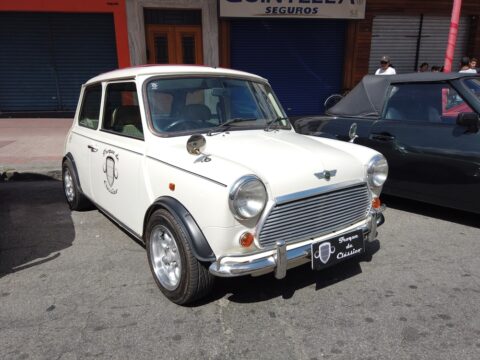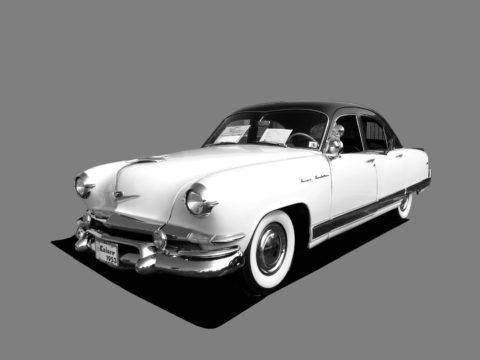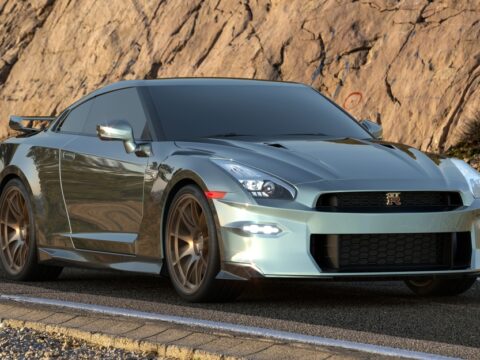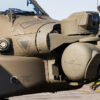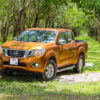Many military aircraft have earned legendary status, but some crucial models never got the recognition they deserved. These underappreciated planes played vital roles in conflicts, often making the difference in key operations. Their contributions may not always be in the spotlight, but their impact on military history is undeniable. Here are 17 aircraft that were essential to the missions they served.
Contents
Douglas A-1 Skyraider
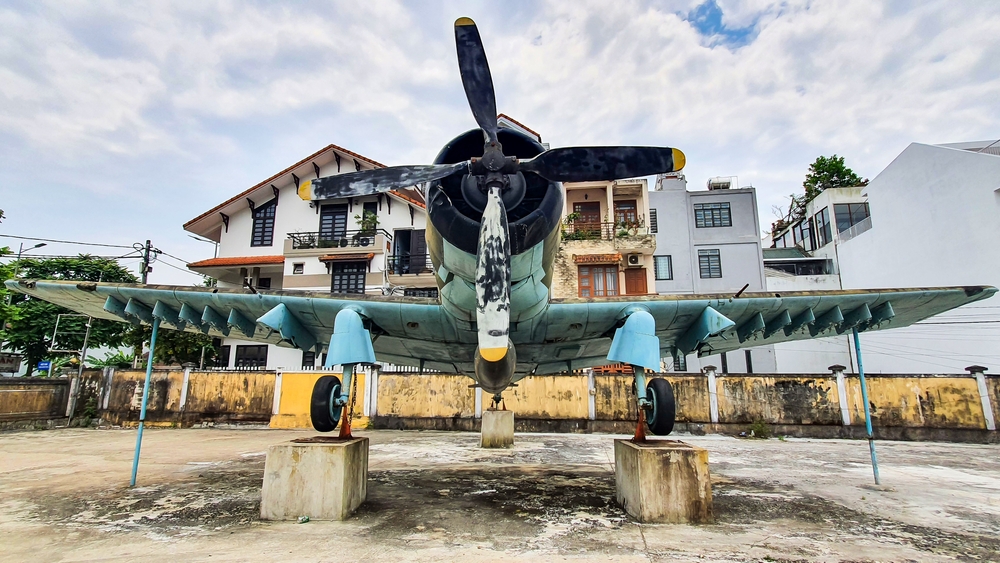
Despite the jet era overshadowing propeller planes, the A-1 Skyraider proved indispensable in both the Korean and Vietnam Wars. Its ability to loiter over battlefields for long durations made it ideal for close air support missions. With a massive payload capacity, the Skyraider could carry more ordnance than many early jets. This versatility allowed it to handle rescue missions and strike hard-to-reach targets, securing its place as a crucial asset for ground forces.
Northrop F-5 Freedom Fighter
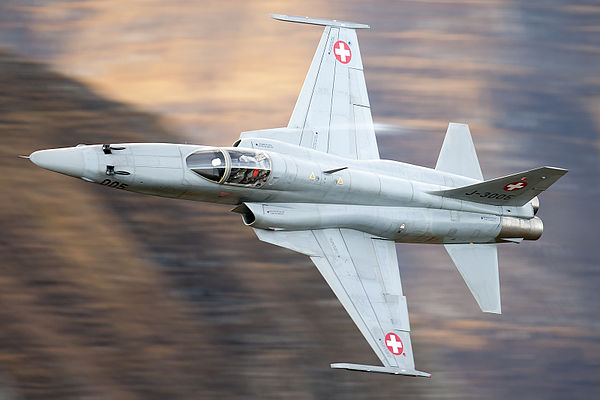
Often overlooked due to its lightweight design, the Northrop F-5 provided invaluable service to many allied nations. Its simplicity and reliability made it a favorite among smaller air forces during the Cold War. Although lacking the advanced technology of more famous jets, the F-5 excelled in training exercises and combat roles, especially in air-to-air engagements. Its affordability and ease of maintenance extended its operational life far beyond initial expectations.
Republic F-84 Thunderjet
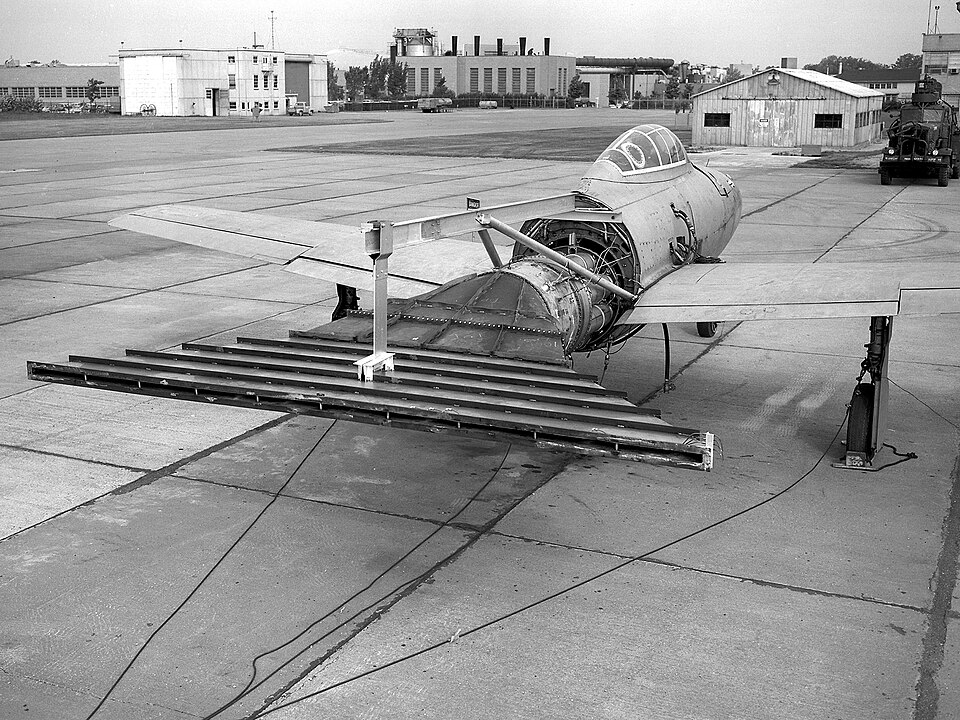
The F-84 Thunderjet may not have garnered as much fame as the F-86 Sabre, but it played a vital role during the Korean War. Primarily used for ground attack and tactical bombing, the Thunderjet hit key enemy infrastructure and supply lines. Although it struggled in air combat against MiG fighters, its rugged design allowed it to endure punishing missions. The F-84’s contributions were essential in softening up enemy defenses for advancing ground troops.
Lockheed P-80 Shooting Star
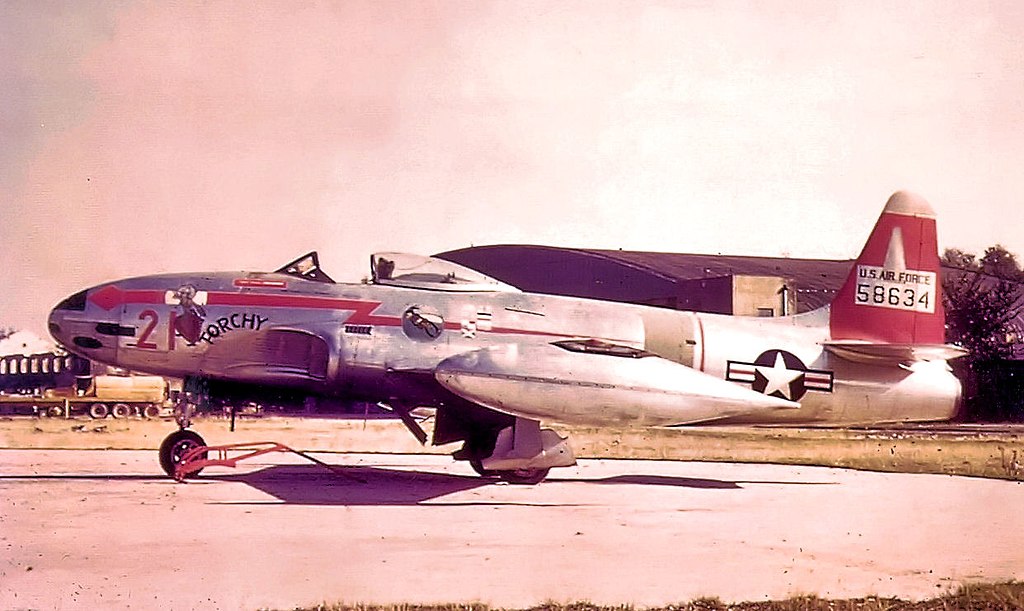
The Lockheed P-80 Shooting Star was America’s first operational jet fighter, yet it often takes a backseat to more celebrated jets like the F-86 Sabre. Despite entering World War II too late to see much combat, it marked a pivotal transition in aviation history. During the Korean War, the P-80 adapted to ground-attack missions, proving its versatility. This early jet set the stage for the jet age in military aviation.
Grumman F9F Panther
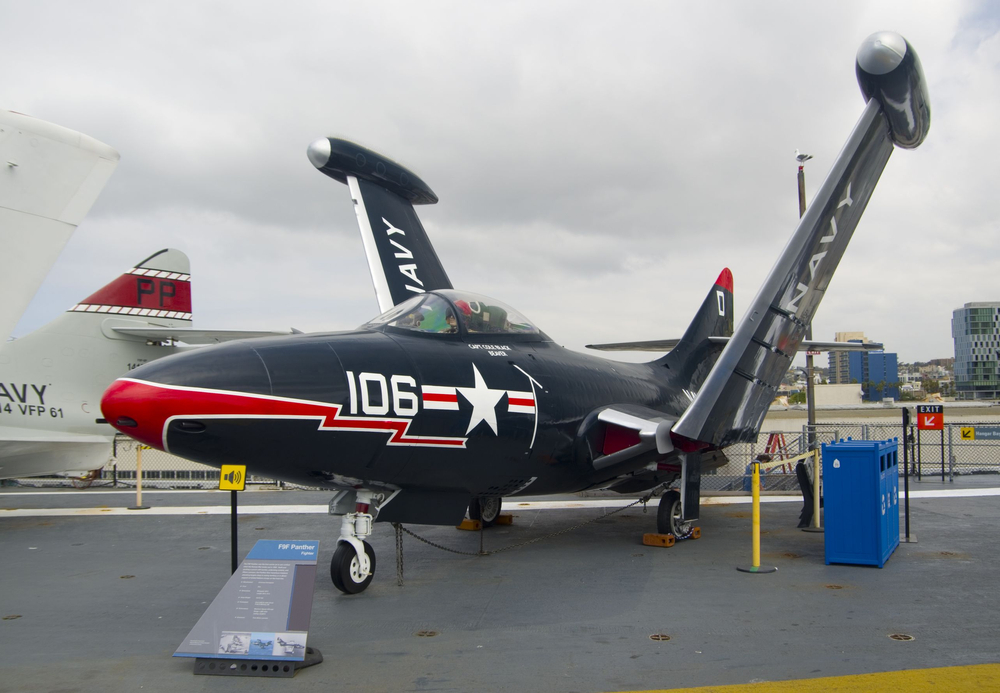
The Grumman F9F Panther, the U.S. Navy’s first successful jet, is often overshadowed by its successors. However, during the Korean War, it proved invaluable in both air-to-air combat and ground-attack roles. Its ability to operate from aircraft carriers gave the U.S. Navy a decisive advantage in maritime operations. Known for its stability and reliability, the Panther set the foundation for future naval aviation jets.
Martin B-57 Canberra
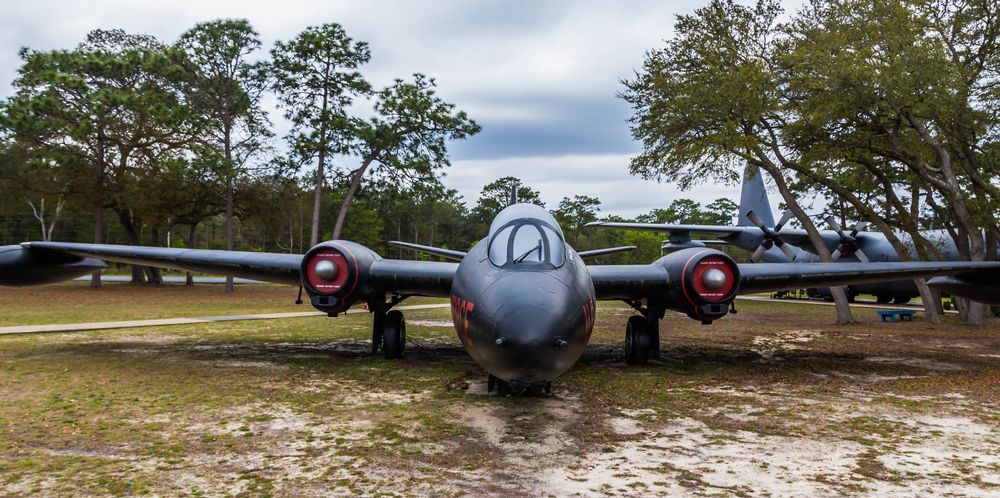
The Martin B-57 Canberra, a U.S. variant of the British Canberra, played an essential role during the Vietnam War. Known for its ability to operate at high altitudes, the B-57 performed night bombing and reconnaissance missions with great success. Its speed and agility allowed it to strike targets with precision while avoiding heavy anti-aircraft fire. Despite its low-profile status, the B-57 was highly effective in disrupting enemy supply lines.
Vought F-8 Crusader
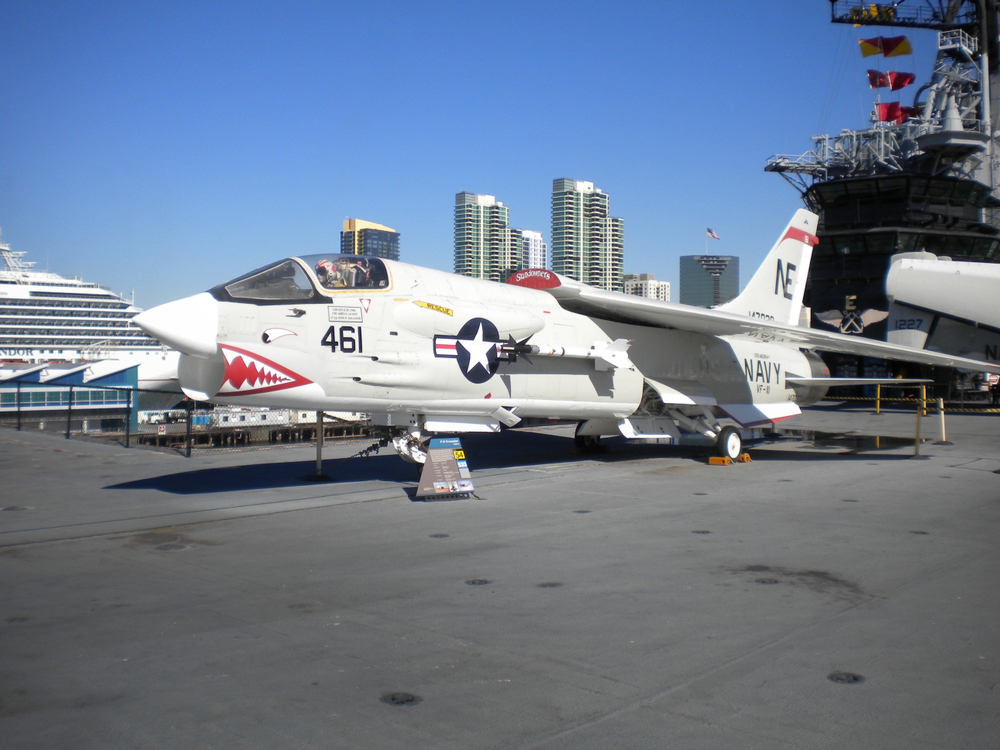
Though the F-8 Crusader doesn’t enjoy the same fame as the F-4 Phantom, it was an agile and lethal fighter during the Vietnam War. Nicknamed “The Last of the Gunfighters,” it relied on its internal cannons rather than missiles, excelling in close-quarters dogfights. With an impressive kill-to-loss ratio, the F-8 helped maintain air superiority in critical conflicts. Its nimble design and firepower made it a respected adversary in the skies.
McDonnell Douglas F-4 Phantom II
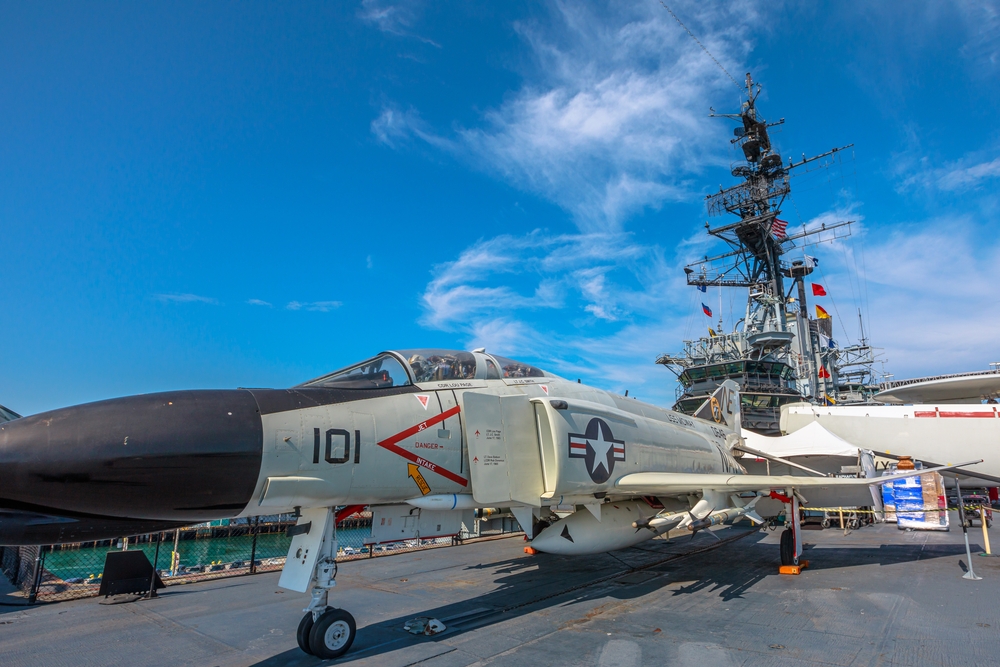
The F-4 Phantom II is known for its widespread use, but its full versatility is often underappreciated. Serving in roles ranging from air superiority to ground attack, it was one of the few jets that could operate in multiple branches of the U.S. military. Its adaptability allowed it to stay in service for decades, participating in numerous conflicts. The Phantom’s blend of speed, power, and firepower made it a true workhorse of the Cold War.
Blackburn Buccaneer
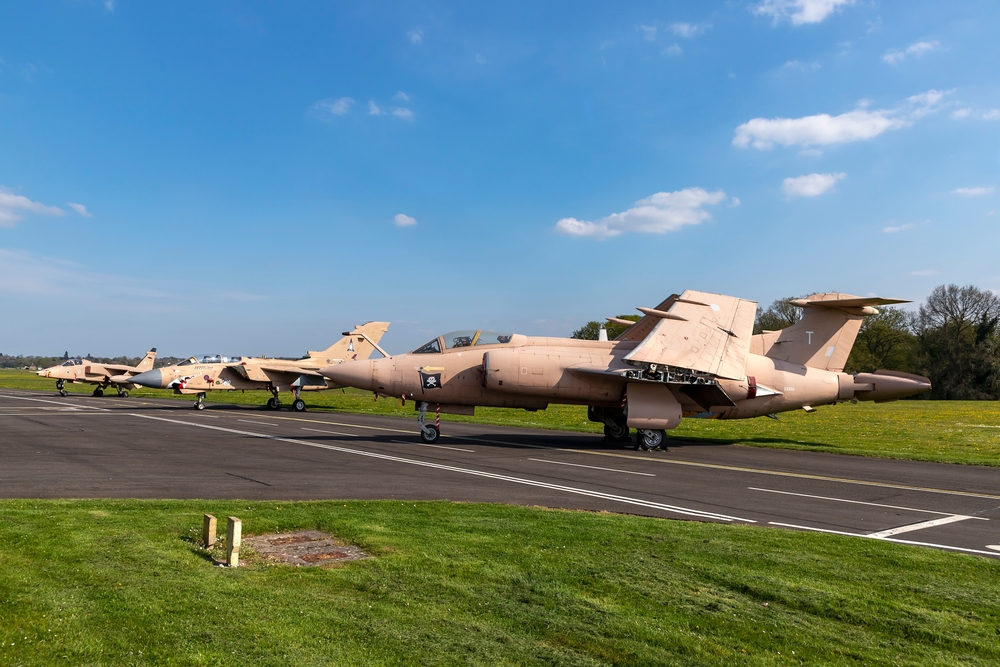
While not as famous as other Cold War jets, the Blackburn Buccaneer was instrumental in maintaining British naval strike capability. Designed to fly under enemy radar at low altitudes, it excelled in maritime strike missions. Its rugged build and ability to carry large payloads made it a key player in naval operations. The Buccaneer’s precision in delivering attacks on enemy ships and infrastructure demonstrated its strategic value.
North American F-82 Twin Mustang
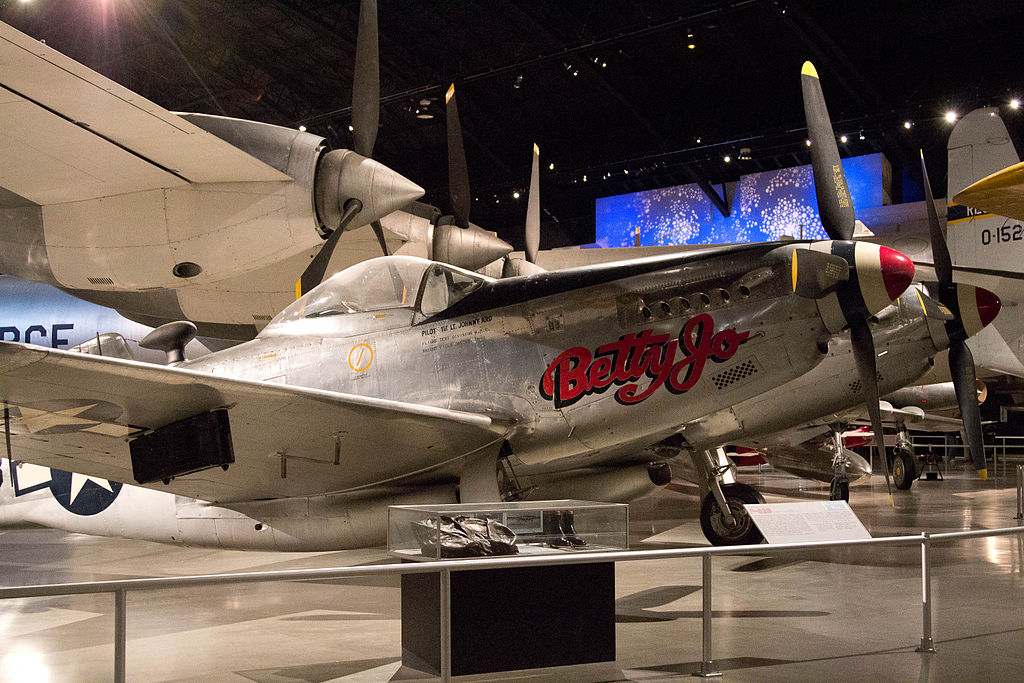
The F-82 Twin Mustang, often overshadowed by its single-engine predecessor, played a crucial role in the early stages of the Korean War. With its long-range capability, it excelled in escorting bombers deep into enemy territory. The F-82 also played a key role in night-fighting operations, using its twin engines for reliability on extended missions.
Fairey Gannet
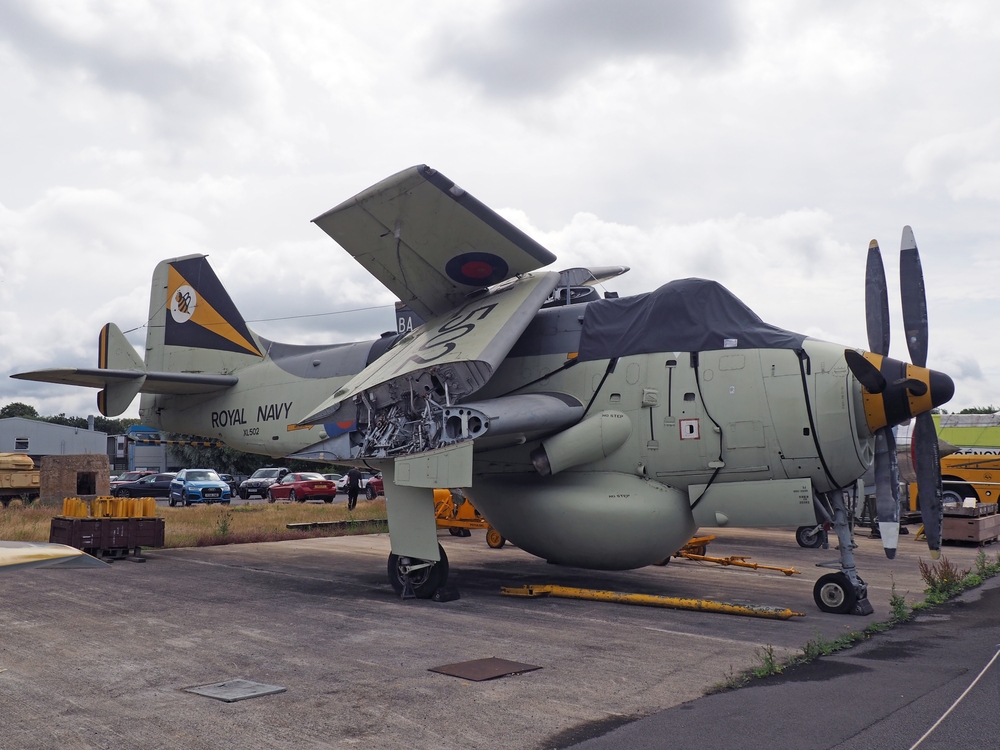
Though not as well-known as other Cold War aircraft, the Fairey Gannet excelled in anti-submarine warfare. Its twin turboprop engine configuration allowed for long-range missions, making it ideal for carrier-based patrols. The Gannet’s primary role was to detect and neutralize enemy submarines, ensuring naval superiority. Its ability to operate in challenging maritime environments made it a key asset during tense standoffs.
Convair B-36 Peacemaker
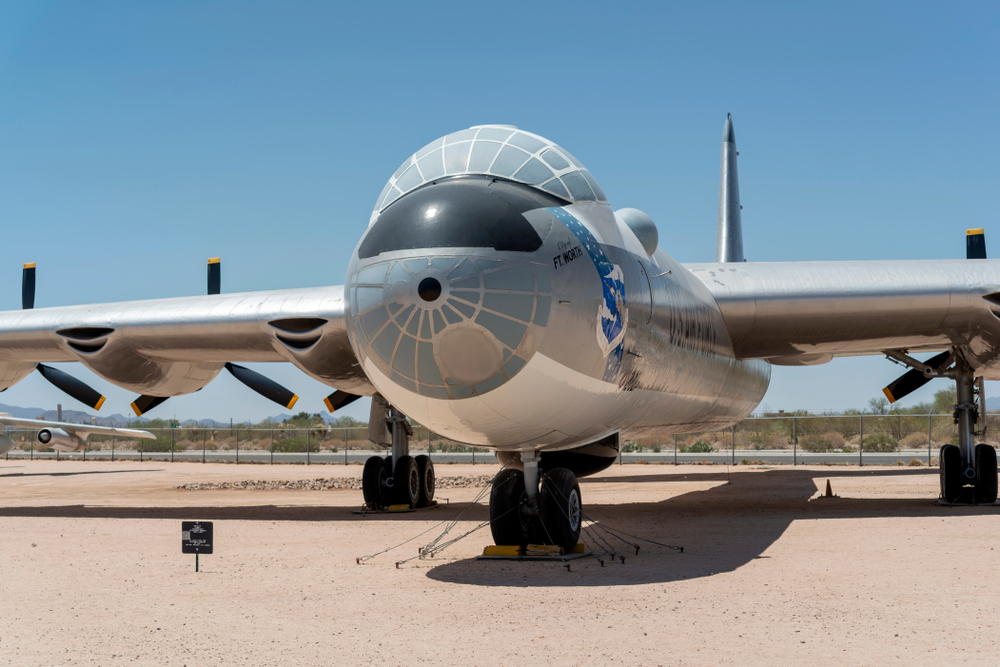
The massive Convair B-36 Peacemaker is often overshadowed by the more famous B-52, yet it played a pivotal role during the early Cold War. Capable of carrying nuclear bombs across intercontinental distances, the B-36 was America’s primary deterrent against Soviet aggression. Its impressive range allowed it to reach targets without the need for refueling, a significant advantage at the time. The Peacemaker’s strategic importance cannot be overstated.
Saab J 29 Tunnan
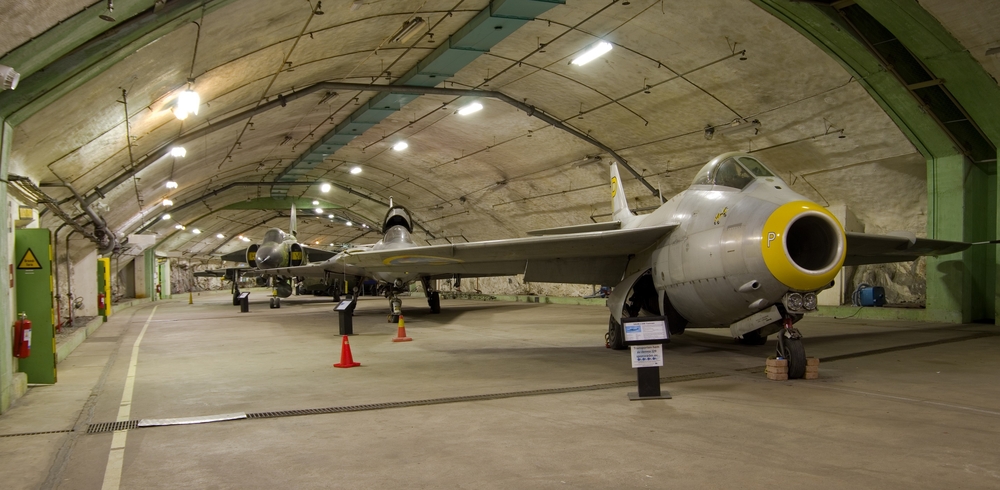
The Saab J 29 Tunnan, a Swedish jet fighter, rarely receives the recognition it deserves despite its advanced design. It was one of the first jets to feature a swept-wing configuration, which improved its speed and maneuverability. Serving during the Cold War, the J 29 played a crucial role in Sweden’s defense strategy, particularly in air-to-air combat. Its innovative design helped put Sweden on the map in terms of military aviation development.
Douglas B-66 Destroyer
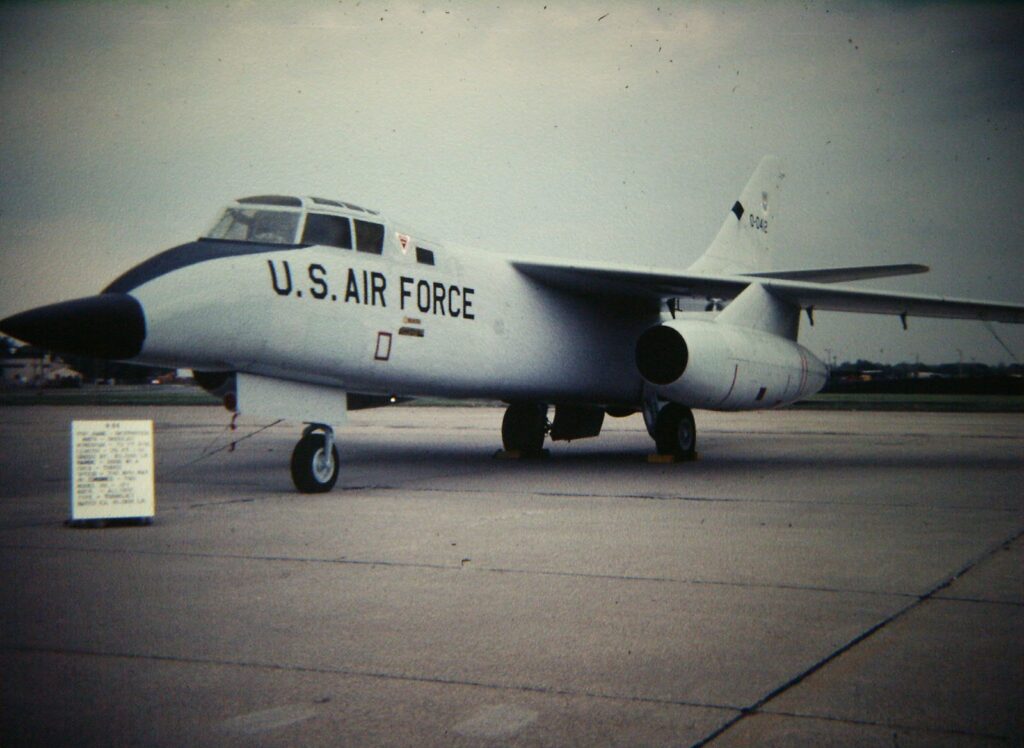
The B-66 Destroyer was a tactical bomber with an often-overlooked role in electronic warfare during the Vietnam War. Its electronic countermeasure systems provided essential protection for strike formations by jamming enemy radar. Additionally, it was capable of conducting reconnaissance missions, gathering vital intelligence for ground operations. The B-66’s adaptability and multi-role functionality made it an asset in numerous covert operations.
Dassault Mirage F1
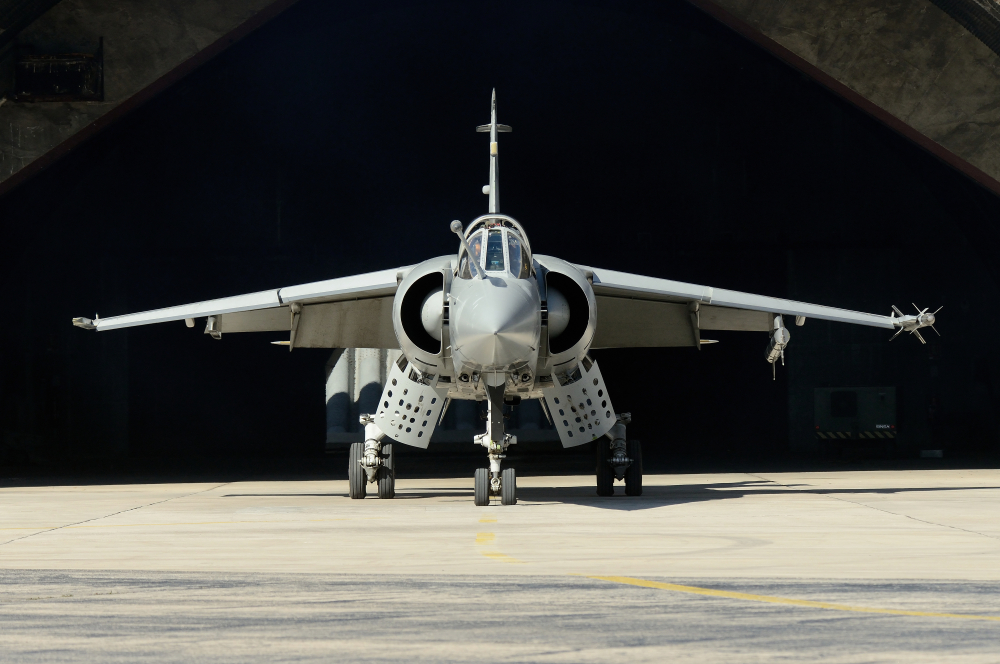
The Mirage F1, while overshadowed by its predecessor, the Mirage III, was a versatile and capable multirole fighter. It saw significant action in conflicts such as the Iran-Iraq War and the Gulf War, performing well in both air-to-air and ground-attack missions. Despite being less well-known, its agility and speed made it a formidable opponent in combat. The Mirage F1’s service across various air forces demonstrated its enduring reliability.
Vickers Valiant
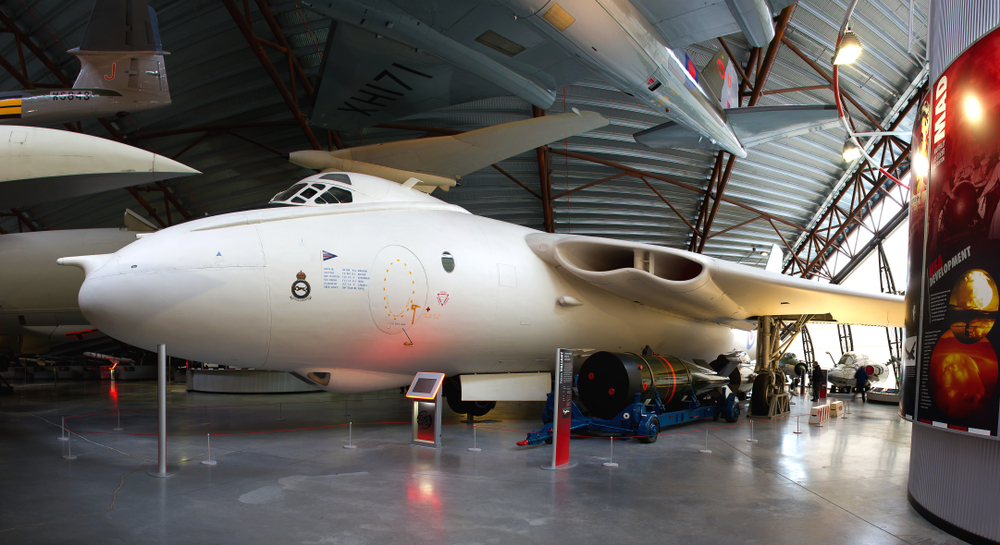
The Vickers Valiant may not be as iconic as the Vulcan, but it played a critical role as Britain’s first V-bomber during the early Cold War. Its primary mission was nuclear deterrence, and it was the only British bomber to drop a live hydrogen bomb. Though structural issues led to its early retirement, the Valiant was essential in the development of Britain’s nuclear strike capability. It bridged the gap between conventional bombers and more advanced jet aircraft.
Westland Lysander
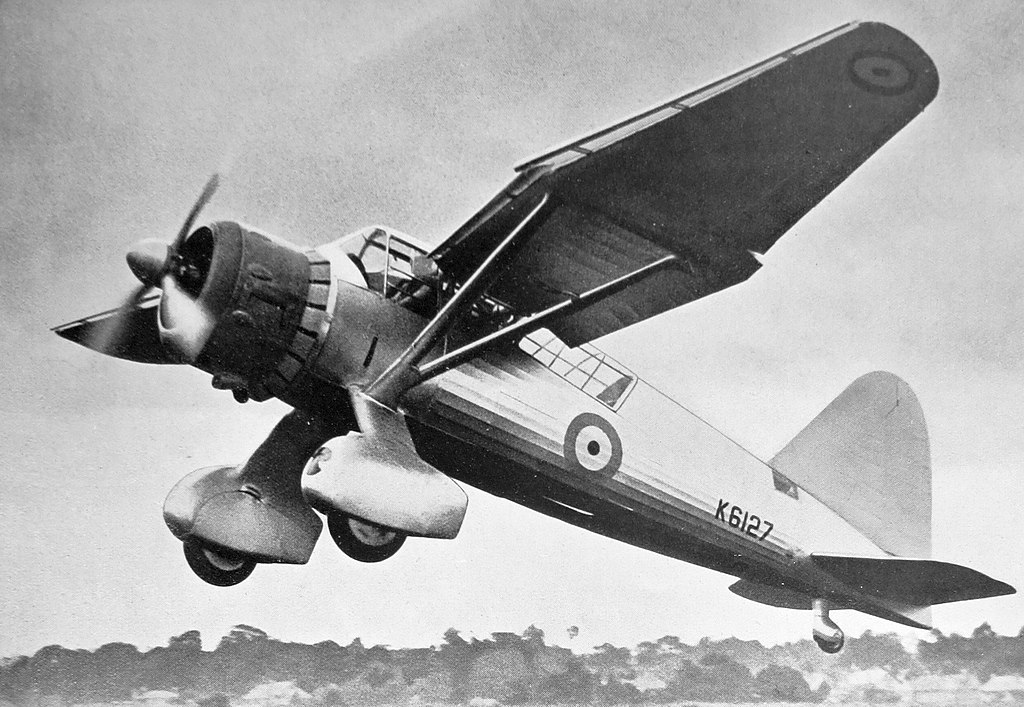
The Westland Lysander is often overlooked due to its seemingly outdated design by World War II standards, but it excelled in special operations. Its ability to take off and land on short, rough airstrips made it perfect for covert missions behind enemy lines. The Lysander was used extensively to insert and extract secret agents in occupied Europe, often in dangerous conditions. Despite its lack of speed or firepower, it played a vital role in intelligence and resistance operations.
This article originally appeared in MyCarMakesNoise.
More from MyCarMakesNoise
15 Must-Have Items for Flat Tire Emergencies

Getting a flat tire is never convenient, but having the right tools and supplies in your vehicle can turn a potentially stressful situation into a minor delay. From safety gear to practical tools, this guide will walk you through the essential items you should have on hand. Read More.
20 Quirky Classic Roadsters That Define Cool
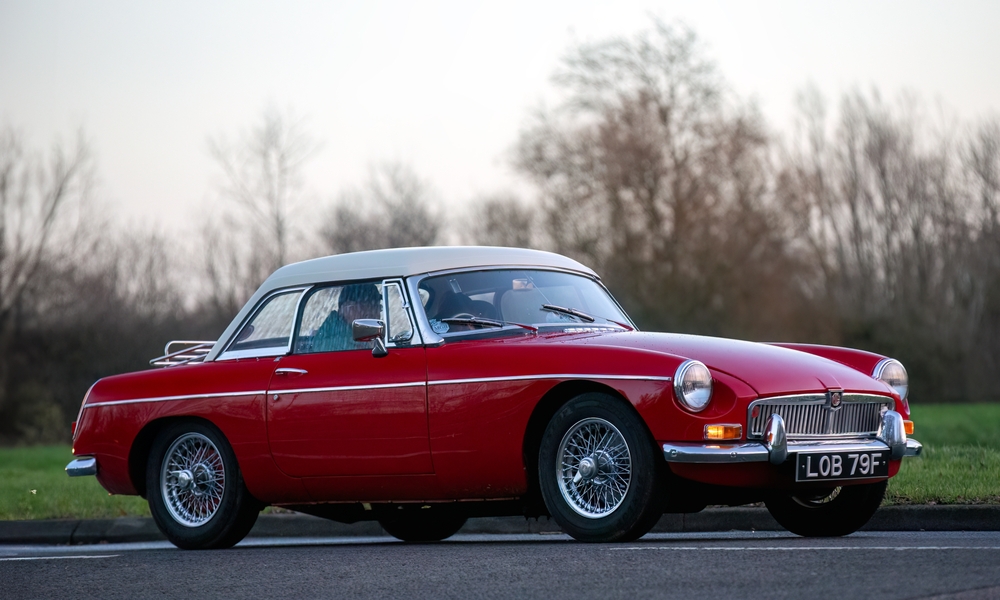
Classic roadsters are celebrated for their open-top design and driving excitement, but some stand out for their unique and funky characteristics. These roadsters combine vintage charm with distinctive styling that sets them apart. Read More.
20 Wallet-Friendly Off-Roaders Built for Tough Terrain
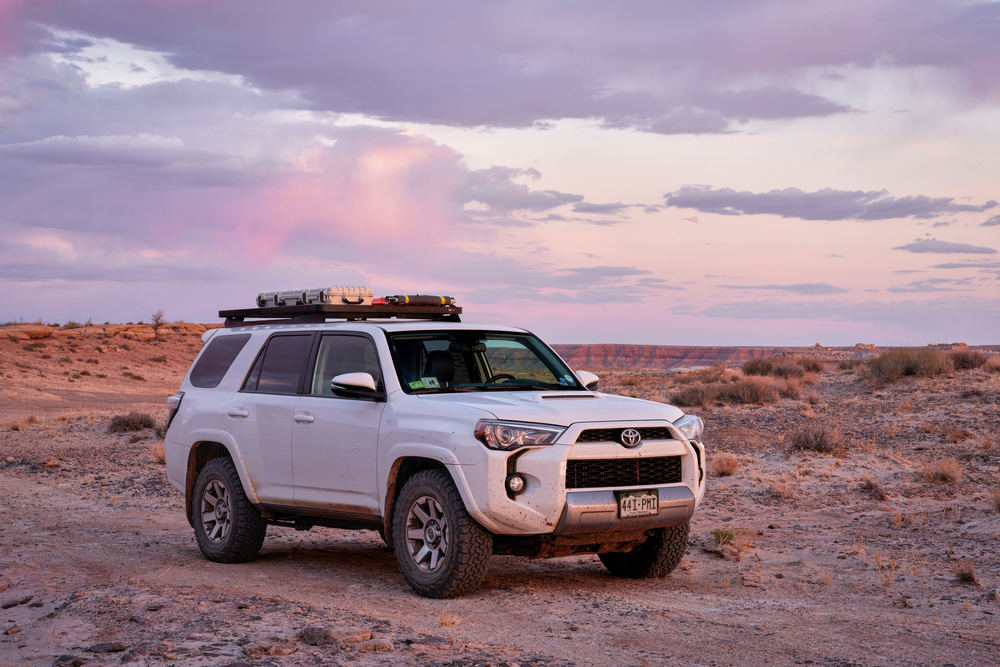
You don’t have to break the bank to get a capable off-roader. Many affordable vehicles offer excellent off-road performance and can tackle challenging terrains with ease. Read More.

